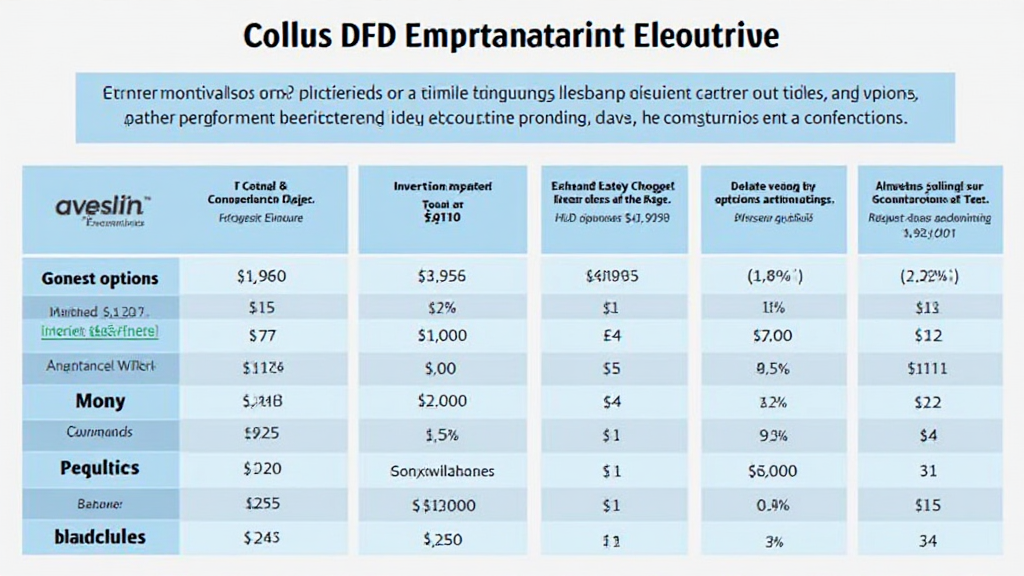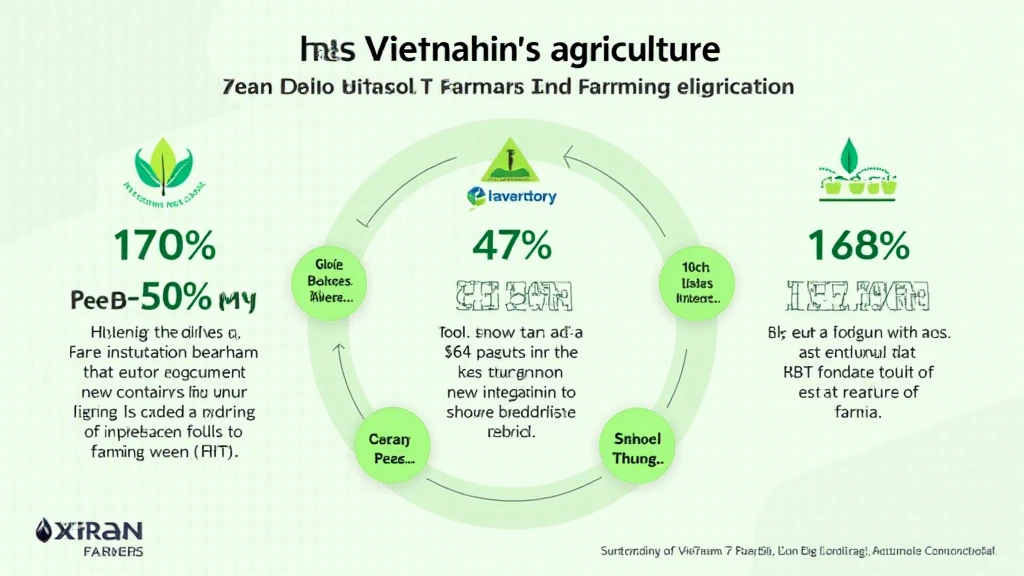Introduction
The cryptocurrency sector has been making waves, with an estimated total market capitalization exceeding $2 trillion in 2023. A significant aspect of this burgeoning ecosystem is the compensation structures for executives leading major blockchain projects and cryptocurrency companies. With soaring investments and fluctuating values, how are firms deciding executive pay? This article delves into cryptocurrency executive compensation and its pivotal role in shaping the industry.
The Landscape of Cryptocurrency Executive Compensation
Executives in the cryptocurrency field are not just managing typical business operations; they are steering innovative technologies that challenge the traditional financial landscape. Their compensation often comprises a mix of salaries, bonuses, stocks, and tokens. For instance, as of 2023, the annual salary for a CEO in a top cryptocurrency company can range from $200,000 to $1 million, depending on the firm’s size and market standing.
- Salaries: While competitive, many executives accept lower base salaries in exchange for equity, aligning their interest with the company’s long-term success.
- Performance Bonuses: Bonuses often correlate directly with the company’s quarterly performance metrics, mirroring traditional corporate structures.
- Equity and Token Options: This is the most distinct aspect of compensation in the cryptocurrency sphere. Executives might receive tokens with vesting periods, incentivizing them to steer projects towards growth.
Driving Factors Behind Executive Compensation in Crypto
Several factors influence how cryptocurrency companies structure their executive compensation packages:

1. Market Volatility
With cryptocurrency’s notorious price swings, companies must consider how these fluctuations affect executive pay. For example, the total value of an executive’s token holdings can vary dramatically within days. This risk can lead companies to offer more guaranteed base salaries to offset potential losses from volatile token performance.
2. Competitive Landscape
The cryptocurrency sector is fiercely competitive, with numerous startups vying for attention and market share. To attract top-tier talent, companies often provide attractive compensation packages that can include substantial equity stakes. According to reports, as of early 2023, nearly 60% of crypto executives received a significant portion of their remuneration in the form of cryptocurrency.
3. Regulatory Environment
As countries like Vietnam begin to establish clearer cryptocurrency regulations, companies must adapt their compensation structures to comply with local laws. In Vietnam, the user base has surged by 38% from 2022 to 2023, prompting firms to tailor executive compensation packages accordingly.
Compensation Comparisons Between Traditional Finance and Crypto
Understanding how cryptocurrency executive compensation compares to that in traditional finance provides insight into industry dynamics. Executives in traditional financial institutions often benefit from larger bonuses and more consistent salary structures.
- Base Salaries: In traditional banking, base salaries tend to be higher, often exceeding $1 million in major banks compared to $200,000-$1 million in crypto.
- Bonuses: Bonuses in finance can sometimes exceed three times the base salary, driven by established performance metrics, whereas crypto firms might tie bonuses more closely to project milestones.
- Equity Incentives: Token grants are a novel approach in crypto, whereas traditional finance may rely on shares of publicly traded companies.
Case Study: A Look at Notable Executives
Consider the case of Brian Armstrong, CEO of Coinbase. In 2021, his compensation package included a base salary of $1 million and significant stock options. His decision to forgo a cash bonus reflects a strategic move aligning Coinbase’s growth trajectory with his personal wealth. Such decisions represent a growing trend among crypto executives: seeking alignment with the core innovation ethos of the sector.
Future Trends in Executive Compensation
As the cryptocurrency industry continues to evolve, so too will the structures that govern executive pay. Here are a few trends to keep an eye on:
1. Increased Transparency
Many firms are creating more transparency around executive compensation, which can improve trust and accountability in a sector that sometimes faces skepticism. Disclosing compensation details and criteria for bonuses can foster better relationships between executives and stakeholders.
2. Diversification of Compensation Packages
Executives may see a growing array of compensation components as firms integrate more services (like DeFi, NFTs, etc.). This diversification could lead to compensation structures that better reflect the rapidly changing market conditions.
3. Regulatory Compliance and Ethical Considerations
As regulatory scrutiny increases, firms will be compelled to develop compensation packages that not only comply with laws but also reflect ethical practices. Contracts clearly outlining compensation structures alongside ethical guidelines will likely become the norm.
Conclusion
Navigating cryptocurrency executive compensation is complex, yet vitally important for the industry’s growth and accountability. Companies must find a path that balances the innovation inherent in blockchain technologies with the accountability that stakeholders expect. As suggested by the rapid growth of the Vietnamese cryptocurrency market, which increased over 20% in active users in 2023 alone, strong leadership and compelling compensation packages will play crucial roles in fostering further adoption and success. As we look ahead, attention will remain on how firms structure executive pay to ensure not just profitability, but also transparency and ethical governance.
About the Author
The article is authored by Dr. Nguyen Pham, a respected blockchain researcher with over 15 published papers in the field. He has spearheaded compliance audits for several significant cryptocurrency projects, offering a wealth of experience in the nexus of technology and finance.





